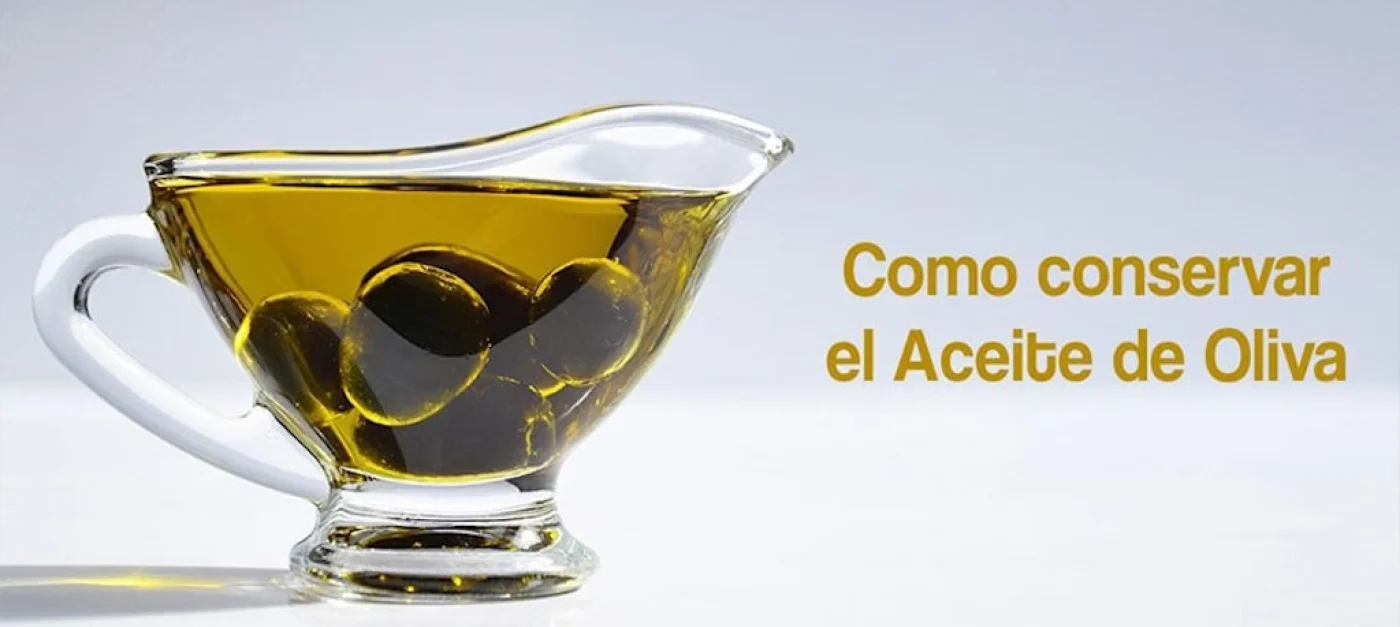
Proper storage of olive oil is crucial to keeping it fresh and flavorful for a long time. Here’s how you can best preserve the quality of olive oil.
Olive oil can be used in many ways; it’s not just in Mediterranean cuisine where it adds an aromatic flavor to your food. However, to enjoy good olive oil for a long time, it’s important to store it under the right conditions; otherwise, it will quickly lose quality and its flavor will diminish. The most important factors are protection from high temperatures, oxygen, and light.
Although extra virgin olive oil contains numerous components that act as natural antioxidants, prolonged exposure to oxygen in the air will eventually cause it to become rancid. Therefore, it’s very important that the container is tightly sealed.
Although it’s important for olive oil to stay cool, according to industry experts, it should never fall below 10 degrees Celsius (50 degrees Fahrenheit). Therefore, storing extra virgin olive oil in the refrigerator is not recommended, as at 5°C (41°F) the product will solidify, losing many of its properties.
The ideal temperature for storing olive oil is between 10 and 20 degrees Celsius. A cool cellar or pantry, for example, is a good place to store it. Also, if you want your olive oil to last a long time, you can put it in the refrigerator. But keep in mind that you should take it out well in advance of using it, especially for salads or other cold dishes. If the olive oil is too cold, its flavor won’t develop as well.
It’s also important to know that olive oil begins to solidify at low temperatures. But this is normal; as soon as the olive oil warms up, it becomes clear again.
On the other hand, olive oil quickly turns rancid when exposed to UV rays, so it won’t last long in a clear bottle. This is why we find olive oils in dark bottles. Also, avoid storing it in a place exposed to direct sunlight, such as a windowsill. Only transfer the olive oil you plan to use within a couple of days to a translucent container.
Oxygen is bad for olive oil. In addition to light and temperature, oxygen is also an important factor in the proper storage of olive oil. When oil comes into contact with oxygen, it begins to oxidize and therefore decomposes. Always make sure to close the bottle of olive oil promptly. Narrow bottles are also better for storage as they offer less surface area exposed to air.
In summary:
Store olive oil in a cool place, in the refrigerator if necessary.
Store the oil in a dark bottle and out of direct sunlight.
The bottle should be sealed as tightly as possible.
The bottle color that best preserves olive oil: The packaging of extra virgin olive oil (EVOO) is a determining factor in preserving its quality. Although new packaging solutions, such as Bag-in-Box, ceramic bottles, and painted glass, are gaining ground, the traditional glass bottle remains the symbol of the product’s identity. Historically, the evolution of glass packaging has progressed from transparent to dark green, seeking a chromatic match with the contents. However, a recent scientific study has challenged the belief that dark green is the optimal option for preserving extra virgin olive oil (EVOO).
The study, presented at the “The Color of Quality” workshop at the University of Umbria, was conducted by Professor Maurizio Servili, Chair of Food Science and Technology at the University of Perugia and a leading figure in olive oil research, in collaboration with the ETS Foundation and the Carapelli Nutritional Institute (Inc).
The main objective of the research was to evaluate innovative systems for determining the shelf life of the chemical and sensory parameters of extra virgin olive oil. The researchers started from the premise that the preservation of the quality of packaged EVOO is directly influenced by both the type of container and the storage conditions, especially exposure to light, which simulates typical retail environments.
Professor Servili highlights This study, for the first time, evaluated the impact of various glass color tones on the oxidative stability of the oil. To carry out this evaluation, new instrumental parameters were introduced that allowed for a better interpretation of the oxidation level and the degree of freshness of the oil. The results obtained, after analyzing oils from different geographical origins and chemical compositions, yielded an unequivocal conclusion: blue glass exerts a protective effect on extra virgin olive oil superior to any other glass color analyzed.
The study demonstrated that blue glass bottles are particularly effective due to their ability to:
During the In the same workshop, the Venice Glass Experimental Station complemented the findings, illustrating the optical and technical properties that make glass an ideal material for food protection. It was emphasized that the blue color of glass selectively filters the most harmful wavelengths of light. Additionally, the complete impermeability of glass to atmospheric gases was highlighted, providing an effective barrier against oxygen (another enemy of oxidation), as well as the material’s perfect environmental sustainability thanks to its compatibility with recycling cycles.
Important Note: aceitedelcampo.com promotes the consumption of extra virgin olive oil for its culinary qualities and health benefits. However, no medication or current treatment should be replaced without the guidance of a healthcare professional.
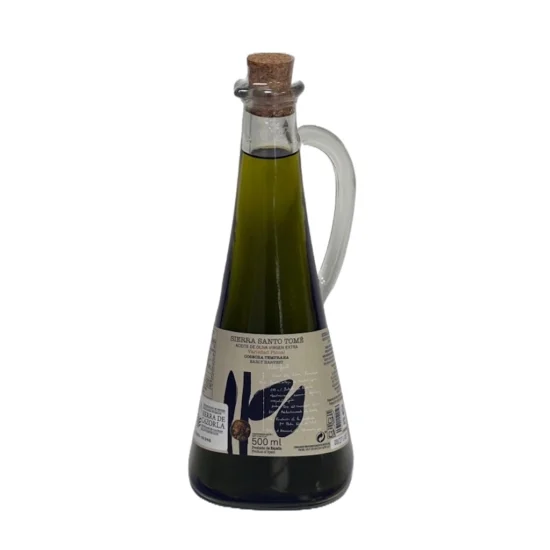
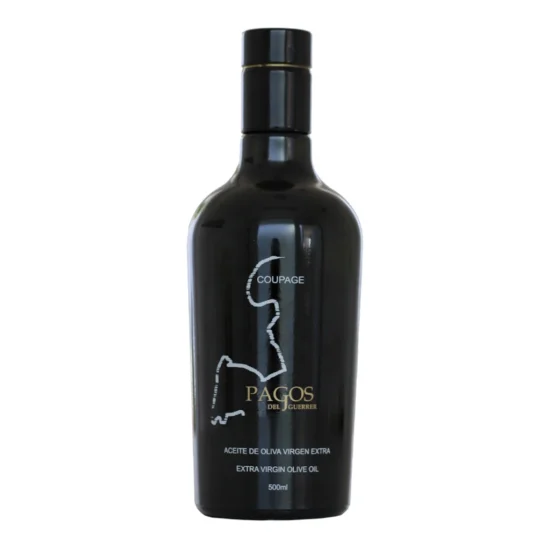
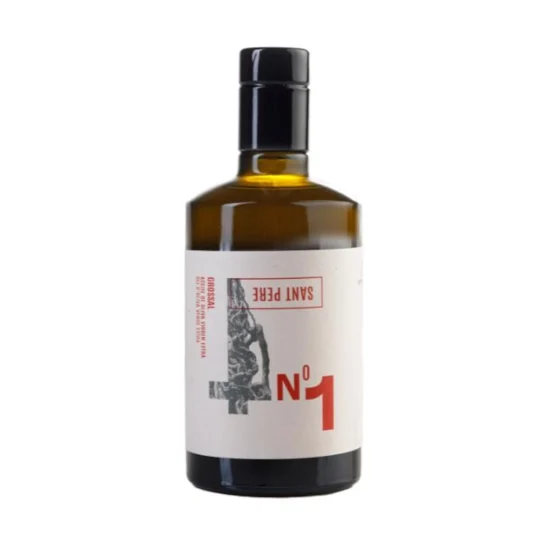
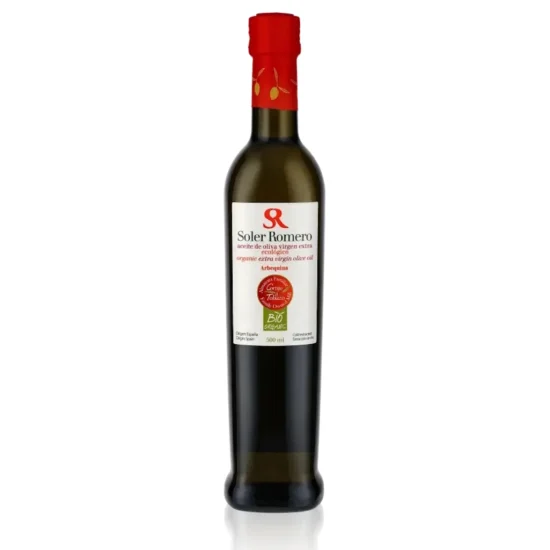
Subscribe and receive a coupon by email for your next purchase.